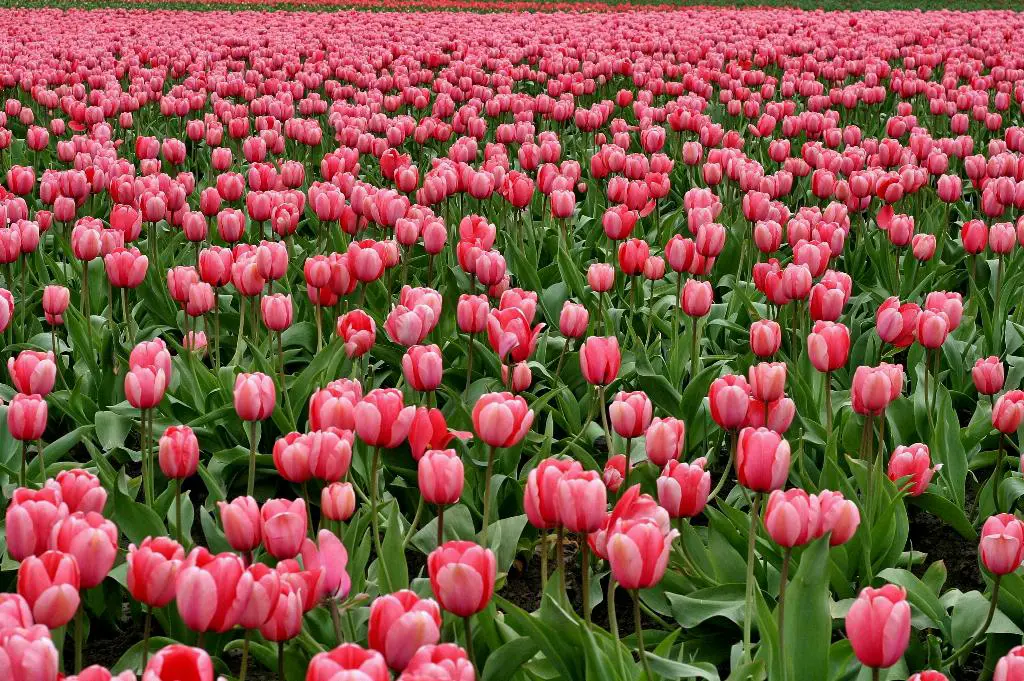When considering the question of whether tulips are annuals or perennials, it is important to dive into the characteristics of these beautiful flowers. Understanding the nature of tulips can help gardening enthusiasts make informed decisions about their cultivation and care.
Tulips as Perennials
According to horticultural sources, tulips are classified as perennial flowers. This designation means that tulips have the ability to return and bloom year after year when cultivated under the right conditions. Perennials like tulips add long-lasting beauty to garden landscapes.
Life Cycle of Tulips
Tulips go through a specific life cycle that involves growth, flowering, and dormancy. After blooming, tulips enter a dormant phase where they conserve energy underground. With proper care during this phase, tulip bulbs can rejuvenate, allowing the plant to bloom again the following year.
Cultivation Practices
To ensure the perennial nature of tulips, proper cultivation practices are crucial. This includes planting bulbs at the right depth, providing adequate sunlight, and ensuring well-drained soil. By following these practices, gardeners can encourage tulips to thrive year after year.
Renewing Tulip Displays
Over time, tulip displays may decline in vigor and bloom intensity. Gardeners can rejuvenate tulip beds by dividing bulbs and replanting them in new locations. This process can help maintain the perennial beauty of tulips in the garden.
Benefits of Tulip Perennials
Choosing tulips as perennials offers several advantages to gardeners. Perennial tulips require less effort than annual flowers, as they do not need to be replanted each year. Additionally, the variety of colors and shapes available in tulip cultivars provide endless design possibilities.
Seasonal Considerations
While tulips are perennial flowers, their blooming period is typically confined to the spring season. Gardeners can plan their landscapes to ensure continuous bloom by including other spring-blooming perennials and bulbs alongside tulips.
Longevity of Tulip Bulbs
With proper care and maintenance, tulip bulbs can persist for multiple seasons, enriching garden landscapes with their vibrant hues. Regular inspection and division of bulbs can help extend the longevity of tulip displays in the garden.
Environmental Adaptability
Tulips exhibit adaptability to various environmental conditions, making them suitable for a range of climatic zones. By selecting tulip varieties that are well-suited to local weather patterns, gardeners can enhance the resilience of these perennial flowers.
Creative Uses of Tulips
Besides traditional garden planting, tulips can be incorporated into creative arrangements and displays. From cut flowers in vases to decorative borders in landscape design, tulips offer versatile options for adding charm and color to outdoor spaces.
Expert Gardening Tips
Gardening experts recommend monitoring the health of tulips throughout the growing season. Adequate watering, fertilization, and pest control measures can help tulips thrive and continue blooming year after year. Observing the specific needs of tulips can lead to successful cultivation outcomes.
Conclusion
In conclusion, tulips are perennial flowers that enchant gardeners with their beauty and resilience. By understanding the perennial nature of tulips and implementing proper cultivation practices, individuals can enjoy the colorful blooms of these beloved flowers year after year in their gardens.

